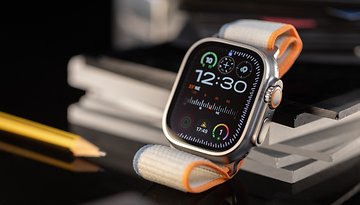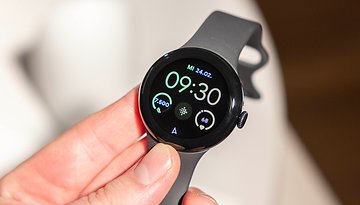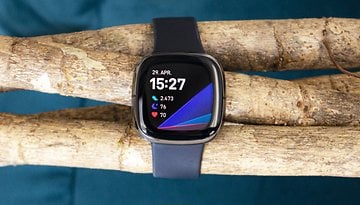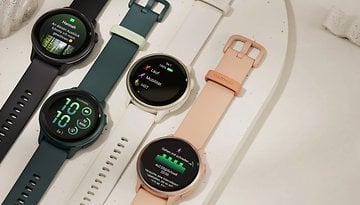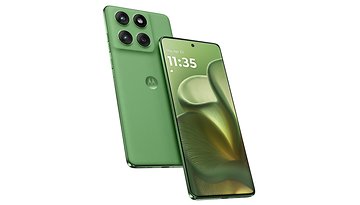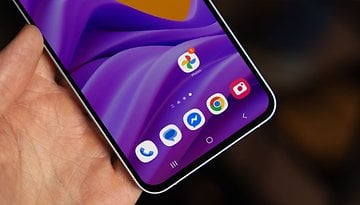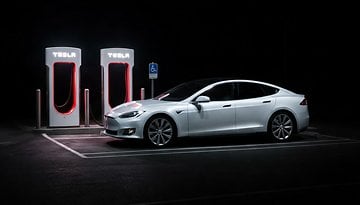Does the Apple Watch Series 9's Chip Share DNA with iPhone 15's A16 Bionic?
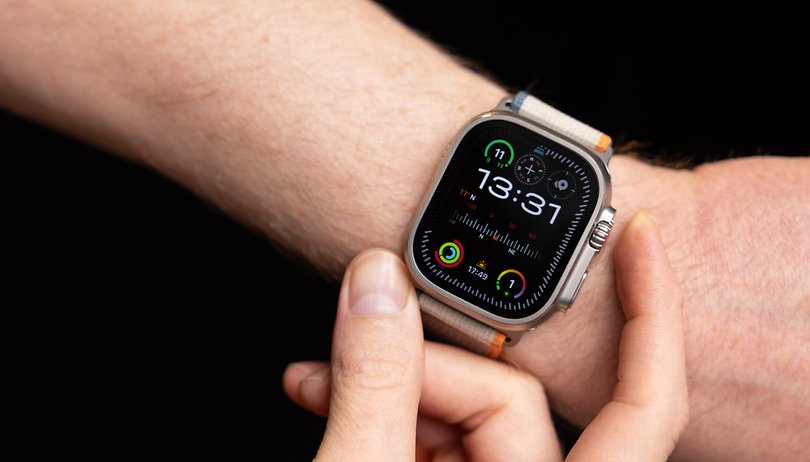

Read in other languages:
The Apple Watch Series 9 and the Apple Watch Ultra 2 (review), both top-tier models in Apple's smartwatch lineup, are equipped with the same high-performance processor. Details about the Apple S9 chip are scarce, as Apple typically keeps such information under wraps. However, a report from Japanese media suggests that the smartwatches' ARM processor is nearly identical to the A16 Bionic chip found in the Apple iPhone 15 (review) and 14 Pro models.
Apple's scalable processor strategy
Apple hasn't told us much about the new S9 ARM chip in the Apple Watch Series 9 and Apple Watch Ultra 2. The processor has 60 percent more transistors than its predecessor, which, if I haven't miscounted, should be 5.6 billion semiconductor components.
The neural processor is twice as fast and the performance of the graphics processor has been increased by 30 percent compared to the chip in the Apple Watch 8 (review). This also made tricks possible, such as Siri voice control without an active internet connection.
- Step-by-Step: Adding and Using Widgets on Apple Watch
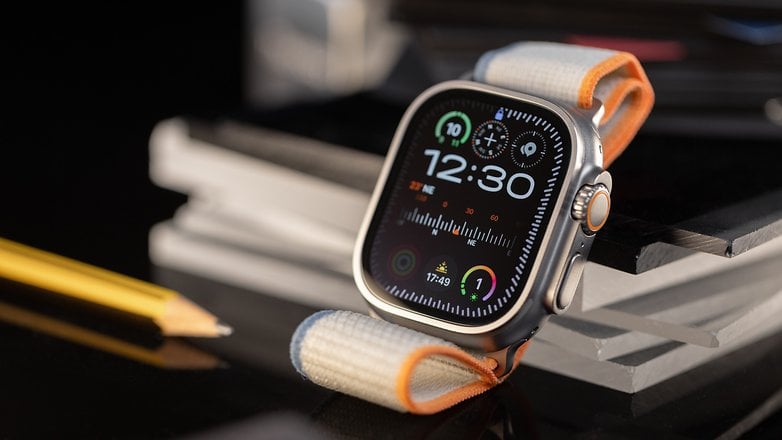
As a report by EETimes now reveals, the Apple S9 chip in question is based on the Apple A16 Bionic chip manufactured using the 4 nm process. The processor that is already used in the Apple iPhone 14 Pro (review), as well as in this year's Apple iPhone 15 series.
However, not without taking a few cores out of the SoC. Two performance and two efficiency cores were switched off. Four of the original five computing cores were also neutered in the graphics chip. The neural engine also had to go, leaving four of the 16 cores for the smart Apple Watch.
So what does this report want to tell us? The Apple chip design is inherently highly scalable. The Apple M2, M2 Pro and Apple M2 Max processors are all based on the "Apple A15 Bionic" chipset.
The same applies by the way to the Apple M3, M3 Pro and M3 Max, all of which are based on the Apple A17 Pro. This means that Apple can very effectively save on development and, of course, production costs. Logically, you don't want to make a big deal of it.
What do you think of the massive price savings Apple is making on its chipsets? Did you expect this, and are you now a little more surprised at Apple's prices? Or are you no longer surprised by Apple at all? Write your opinion in the comments below and let's discuss.
Source: EETimes
